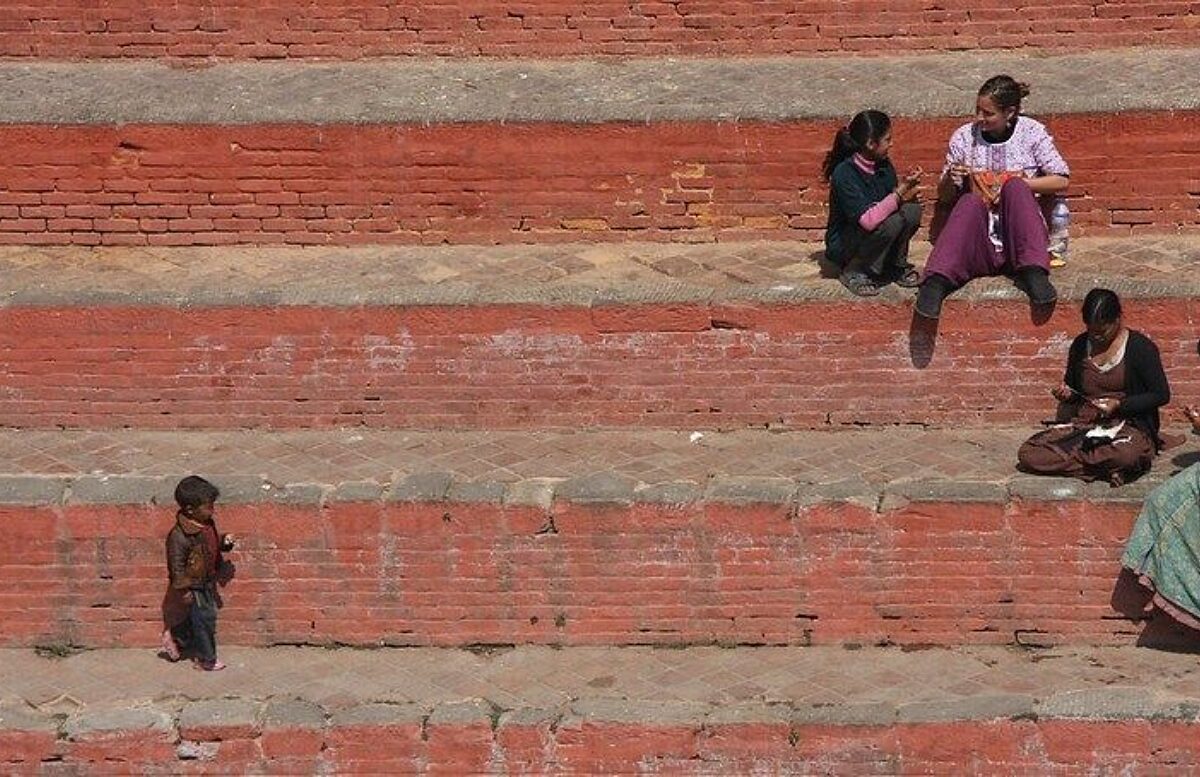NEWS | 26 Feb 2024
Navigating transitional justice dilemmas in Nepal
Peer advice from international experts offers a way forward

A peer exchange organised by the Hub explored ideas for improving the latest bill in Nepal’s continuing effort at dealing with the past.
How do you balance the right to truth and the right to justice? Under what conditions should perpetrators be granted amnesty, if at all? How do you sequence different mechanisms aimed at dealing with a violent past? Nepal is currently trying to find answers to some of the difficult questions that the field of transitional justice has been wrestling with since its inception. After experiencing an armed conflict from 1996 to 2006, which claimed the lives of over 17,000 people, the country has set up transitional justice mechanisms to deal with this period of violence.
Nepal’s first transitional justice bodies, established in 2015, collected information on more than 60000 cases, but failed to complete a single investigation as the country’s Supreme Court declared key elements of the law establishing those bodies unconstitutional. As of 2023, a new bill is under discussion, and the transitional justice community in Nepal is navigating the challenges and dilemmas involved. To increase the chances of faring better this time, Nepalese civil society representatives asked us to share experiences from other attempts at dealing with the past. Together with the Nepal Dialogue Forum and Peace Brigades International, the Global Learning Hub for Transitional Justice and Reconciliation set up a virtual exchange with over twenty transitional justice experts from around the world to discuss ways of improving Nepal’s draft bill and the prospects of its transitional justice process.
Working with a flawed architecture
Most experts expressed that the transitional justice architecture laid out in the new bill still contains serious flaws, bringing it into tensions with international norms and the needs of victims’ groups. A key issue is the mandate for the envisioned truth commission, which is supposed to uncover truth and collect evidence for prosecution at the same time. International experience, however, has shown that tasking a truth commission with this double function will significantly hinder its work, since perpetrators are unlikely to disclose the truth if they have to fear that anything they say will be used as evidence in a criminal trial against them. South Africa provides an example of how this could be avoided by separating the two processes into distinct committees. Another possibility is completing the truth-telling process first before beginning the process of criminal accountability. Such a sequencing of transitional justice mechanisms would also emphasise that the right to truth and the right to justice necessitate different types of evidence by victims and perpetrators.
Another issue with Nepal’s draft bill is its approach to amnesties, which the truth commission is supposed to recommend in certain cases. Several experts highlighted that a functioning and well-equipped criminal accountability mechanism needs to be established before any sentences can be suspended. Tasking the truth commission with recommending amnesties is not only problematic in terms of mixing mandates, it also risks being overburdening, considering that it needs to deal with thousands of killings, disappearances, and cases of rape and torture. If Nepal decides to offer more lenient sentences (which is permissible under international law provided that they do not concern the international crimes of genocide, war crimes, crimes against humanity) they should be tied to clearly established criteria. In Colombia, for instance, perpetrators can qualify for mitigated sentences if they contribute to guaranteeing victims’ rights.
Avoiding another delay
Although there is a clear need for improving Nepal’s transitional justice bill, it is challenging to see how this can be realised at this late stage, with the draft bill already being tabled in Nepal’s parliament. Some ideas were raised during the peer exchange that would help mitigate imperfect or conflicting mandates. What gave all experts hope is the active role of Nepalese victims’ organisations. After the failure of the 2014 law, victims are constructively engaged in trying to make the transitional justice process work this time. This underscores the potential of an inclusive, victim-centred transitional justice process to contribute to peace and development. It is therefore important that the international community continues to support Nepal in this process.